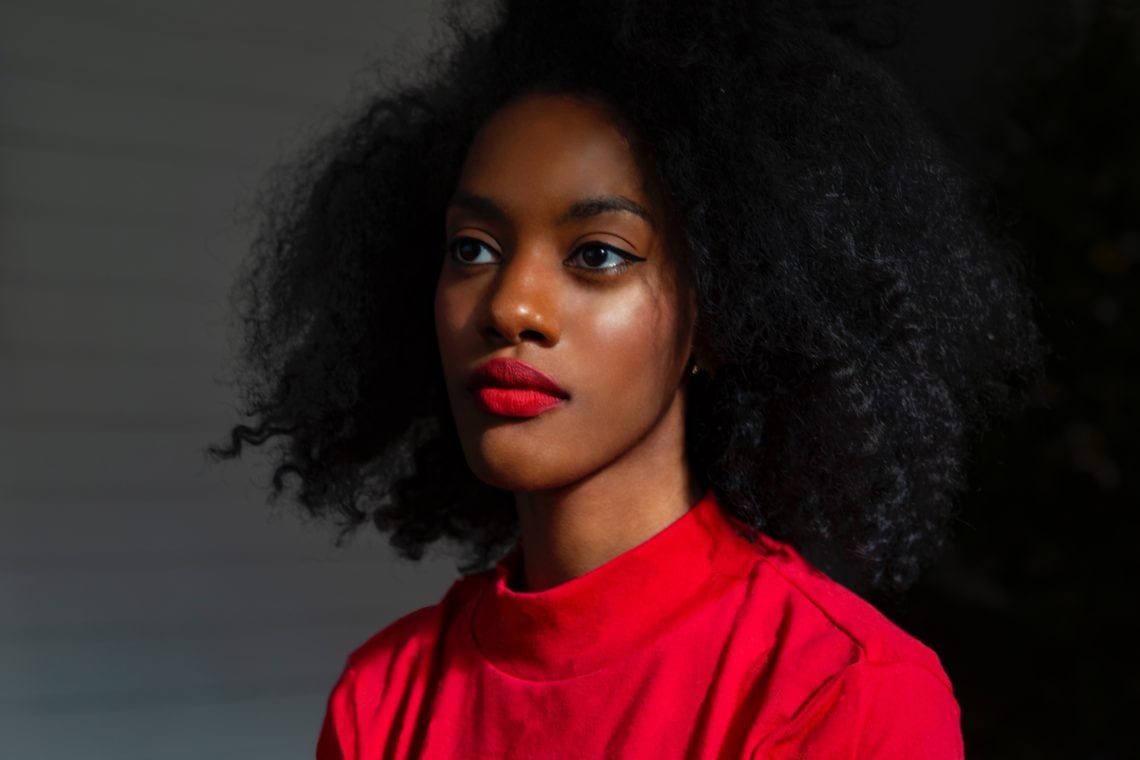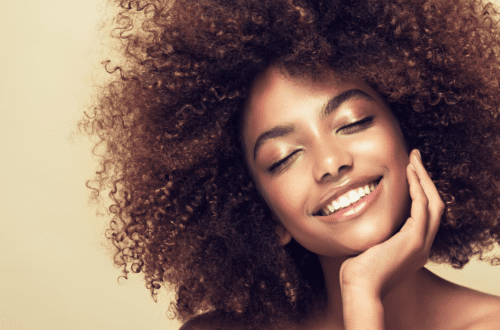
Wash Day Essentials: Shampoo
“Shampoos are intended to rid the hair of sebum, sweat components, styling products, and environmental dirt. The idea of beautifying the hair is really a secondary concern that is primarily addressed by a conditioner.” – Zoe D Draelos, Essentials of Hair Care often Neglected: Hair Cleansing
Do you agree?
Consider these words the next time you set out to choose the perfect shampoo. What are your expectations of the shampoo you are using? Do you choose a shampoo to meet a need or are you enticed by pretty packaging, indulgent smells, and heroic claims? Don’t get me wrong, these things can matter, but beyond beautiful packaging and delightful scents, I want to be confident that what I choose is right for me. Shampoos are an essential element of wash day and will set the foundation for the health of your hair and the success of the styles you are trying to create.
Why Shampoo
Your hair and scalp get dirty. Even if you never work out, swim, sweat, put products in your hair, or get exposed to the elements, your scalp produces oils and sheds skin cells that need to occasionally be cleansed away. Failure to remove the excess oils and build up could lead to the development of folliculitis (inflamed hair follicles) and seborrheic dermatitis (scaly patches, red skin, and dandruff).
Shampoos often get a bad rep because we tend to hate how they make our hair feel, but have you considered what their primary role is? Shampoo is designed to clean the scalp of sebum and build up. Thus, working how it was intended, an effective shampoo should make our scalp and hair look and feel clean.
How often should I shampoo my hair
Frequency of hair washing depends heavily on lifestyle, the types of products you are using, the different elements you are exposed to, and the amount of time you have or are willing to dedicate to your hair. Weekly washing of the scalp and strands can be ideal; however, the frequency of washes is a personal choice. Keeping in mind that, prolonged times between washes can affect the outcomes of your styles, the manageability of your hair, and the overall health of your scalp and strands.
Types of shampoo
There are several different types of shampoos on the market. When choosing a shampoo, consider the essential elements of your hair, the types of styling products you have been using, and the environmental elements you may be exposed to. Shampoos can range from strong cleansers that aren’t intended for frequent use to more gentle cleansers that can be used daily. Knowing the different factors that affect your hair can help greatly when selecting a shampoo that is right for you. Below are some common shampoo types, their cleansing strength, and their uses.
Clarifying shampoo
Clarifying shampoos are also strong cleansing agents, historically know to contain sulfates, these agents are beneficial when you need to remove excessive product build up associated with heavy products or those that contain silicones, heavy oils and butters, or other polymers that can build up on the hair with repeated use. Though not recommended for frequent use, cleansing shampoos are a great option when you need to thoroughly cleanse the scalp and strands. The frequency of use will depend on the extent of products build up, the frequency of washing between styles, and the type of styling products you use. It is important to note that not all clarifying shampoos contain sulfates, some plant-based shampoos contain natural cleansers that are just as strong as sulfates.
Examples of Clarifying Shampoos:
- Kinky -Curly Come Clean (strong sulfate free cleanser)
- Uncle Funky’s Daughter Squeaky (strong sulfate free cleanser)
Quick Tip: When using clarifying shampoos that are highly effective at removing your hair’s natural oils as well as excessive build up, it is important to follow the initial shampoo with a moisturizing shampoo. This additional step will help to restore the moisture and balance the pH of the strands. Once the moisturizing shampoos has been used, you can continue with a conditioner to help close the cuticle and seal in moisture.
Sulfate-free shampoo
Sulfates, primarily Lauryl sulfates and Laureth sulfates, are strong detergents that were historically used as the primary ingredients in shampoos. While they are excellent cleansing agents, frequent use with strong cleansers can cause damage to the hair shaft resulting in dull, dry, and tangled strands. Sulfate-free shampoos were designed provide the benefit of a cleanser with out the harshness of the sulfates that are potentially damaging to the strands. While some sulfate-free shampoos contain mild cleansers that are safe for frequent use, there are some sulfate-free shampoos on the market that contain cleansing agents that are just as strong as sulfates.
Examples of Sulfate-free with Gentle Cleansers:
- Mielle Babasu Conditoning Shampoo
- Tre’Luxe Curl Renew & Restore
- Trepadora Gojiberry Mint reviving Hair Rinse
Moisturizing shampoo
Moisturizing shampoos are typically sulfate-free shampoos that contain gentile cleansers along with other agents that are used to condition and nourish the hair. Moisturizing shampoos can be used relatively frequently and are generally effective at removing plant-base, water-soluble products from the scalp and hair. These shampoos are also a great option to help restore balance to the hair after using a strong cleanser such as a chelating or clarifying shampoo.
Examples of Moisturizing Shampoos:
- Hydratherma Naturals Moisture Boosting Shampoo
- Mielle Pomegranate & Honey Moisturizing and Detangling Shampoo
- The Doux Sucka Free Moisturizing Shampoo
A good wash day arsenal will contain at least two of the categories of shampoo listed above. Fortunate enough not to have significantly hard water, my shampoos of choice are a good cleansing shampoo used 1-2 times a month and a moisturizing shampoo for my routine weekly washes.
Cleansing your scalp is a necessity for healthy hair and a key component in styling success. Choosing the right shampoo and incorporating it into your wash day routine will not only create a healthy environment for your hair to flourish, but will also aide you in achieving hydrated strands.
For more information on the necessity of shampoo check out “Squeaky Clean”. Until next week Go Boldly!
References:
- https://www.ncbi.nlm.nih.gov/pmc/articles/PMC4458934/
- https://www.ncbi.nlm.nih.gov/pmc/articles/PMC3002407/
- https://www.ncbi.nlm.nih.gov/pmc/articles/PMC4387693/
- https://www.who.int/water_sanitation_health/dwq/chemicals/sulfate.pdf




